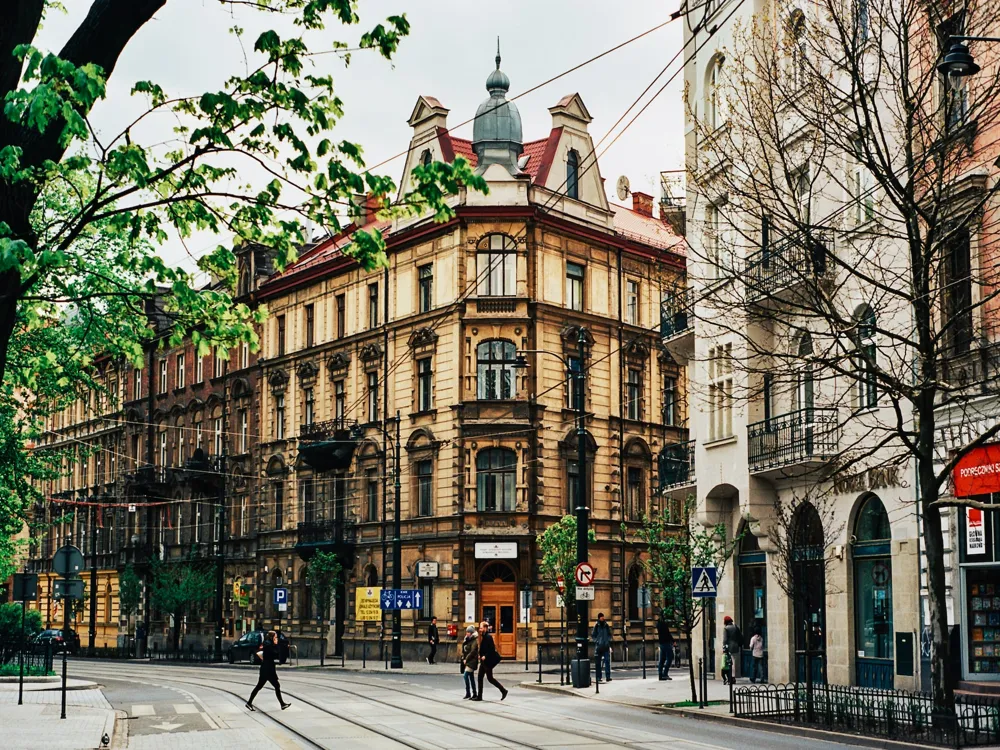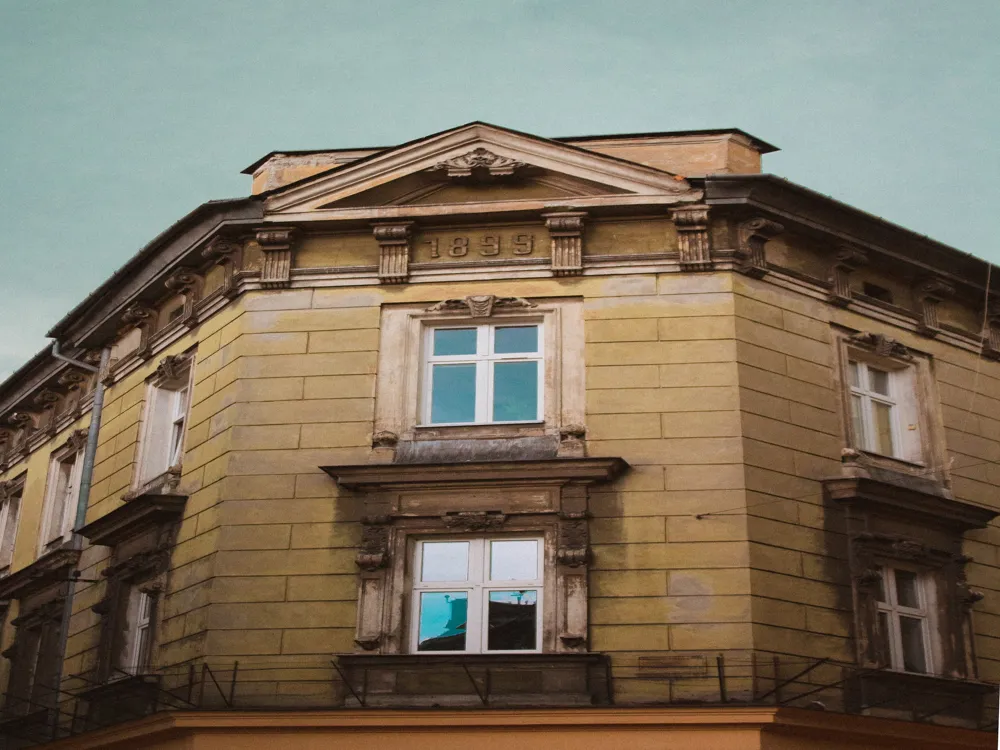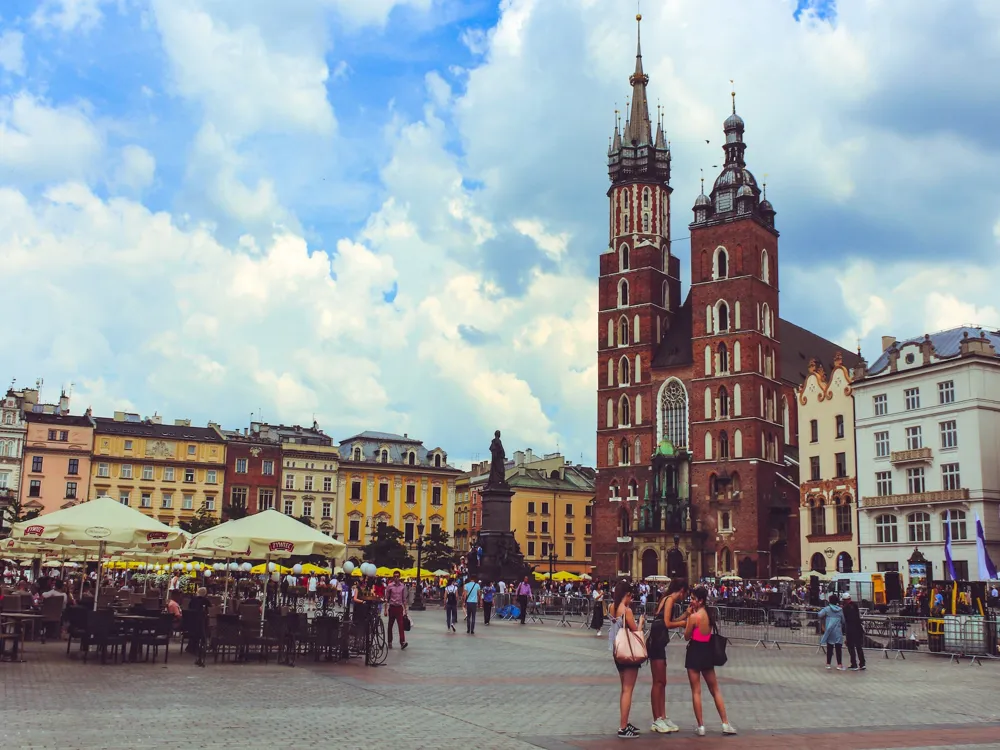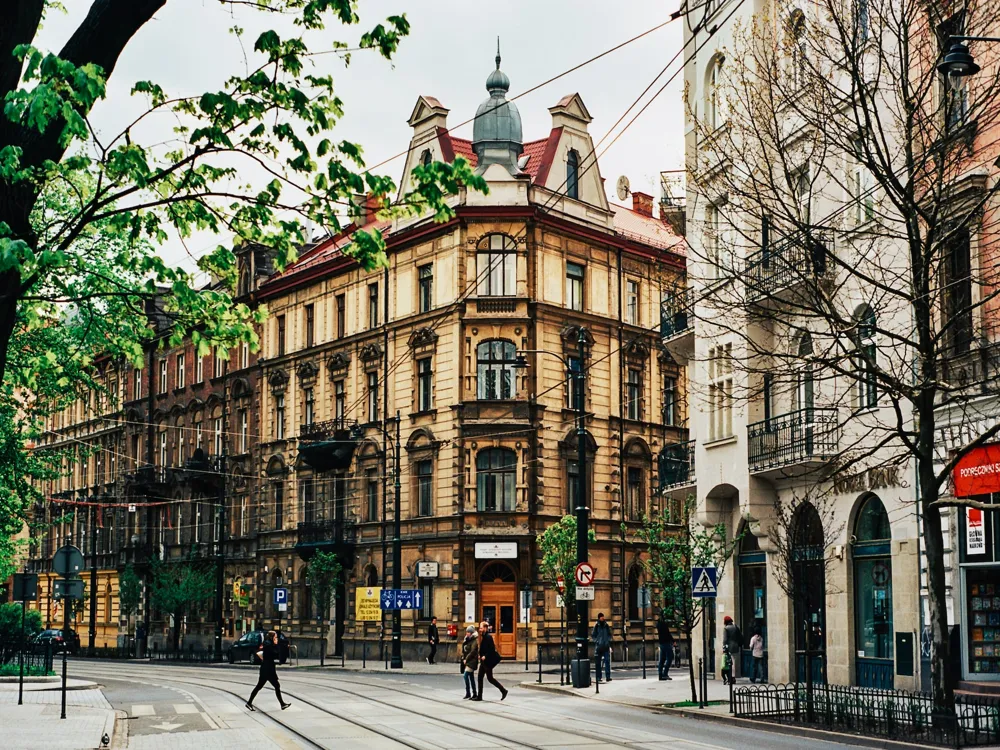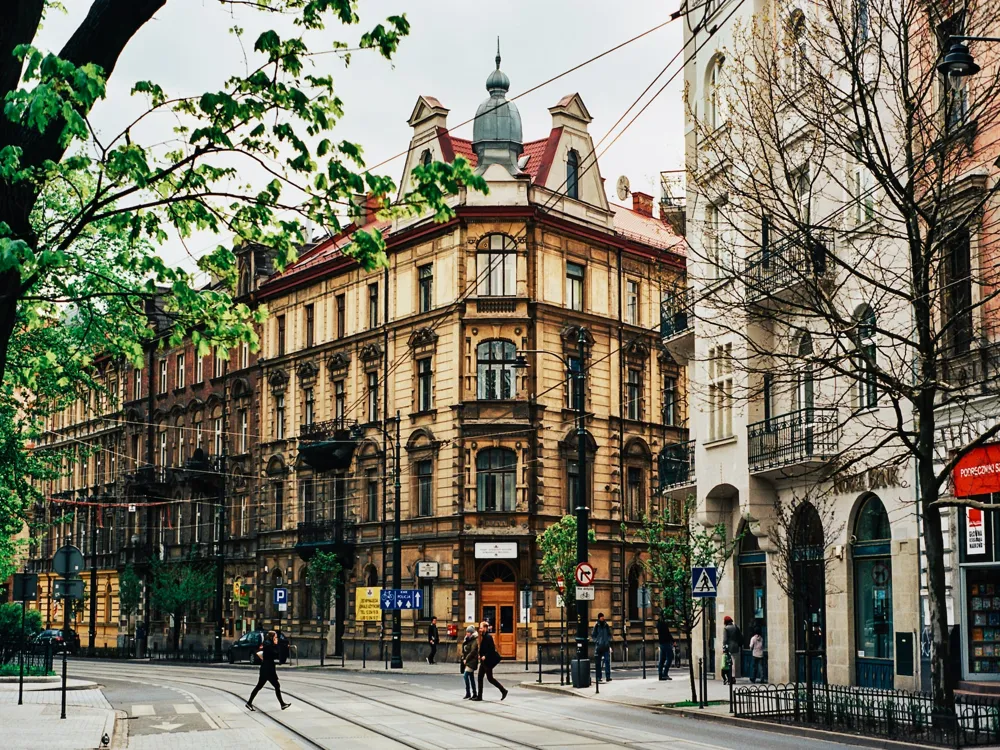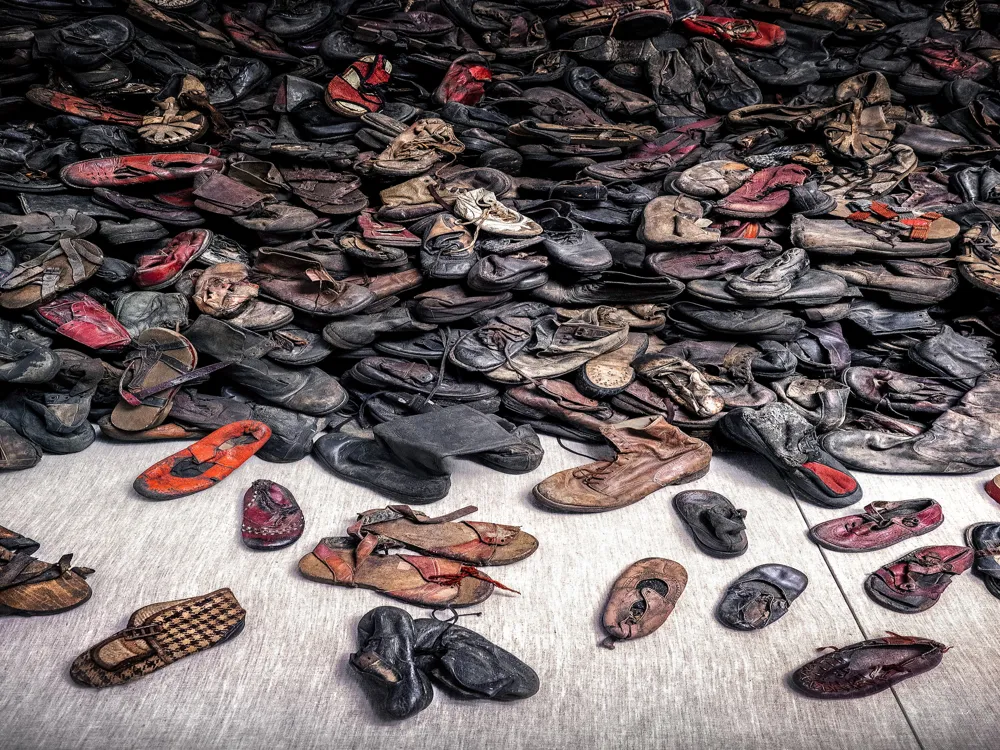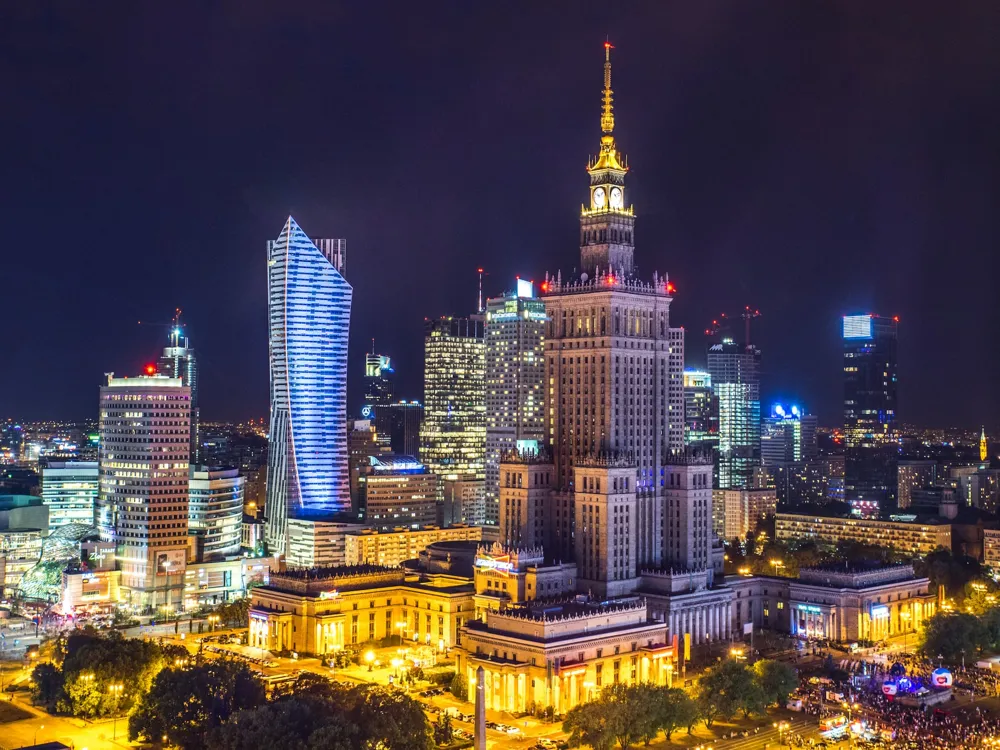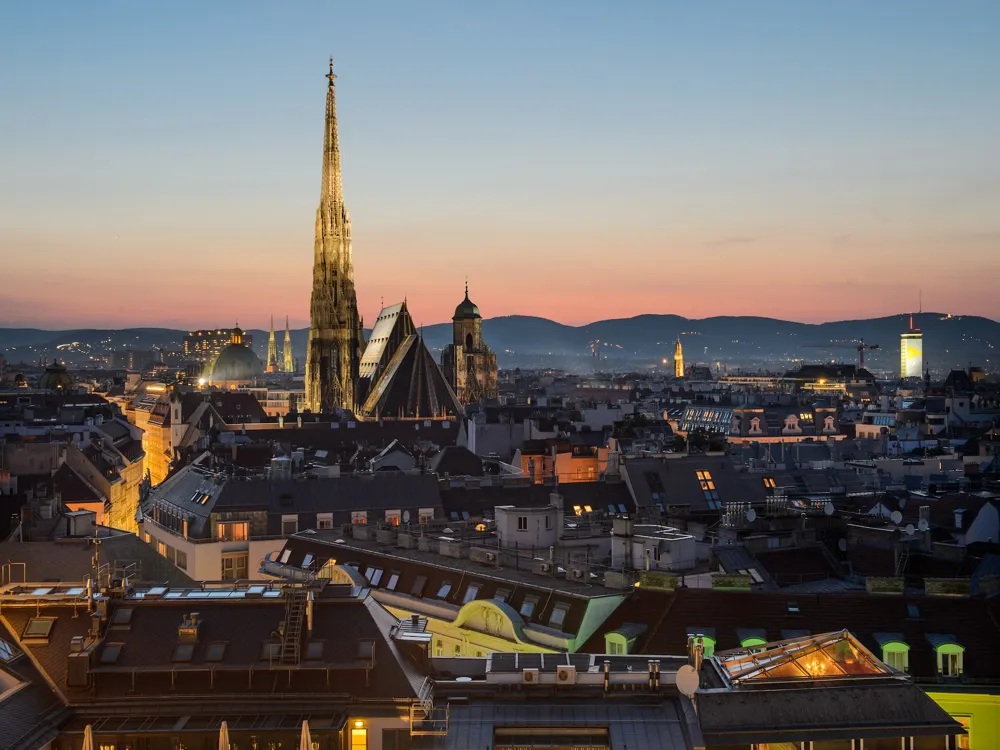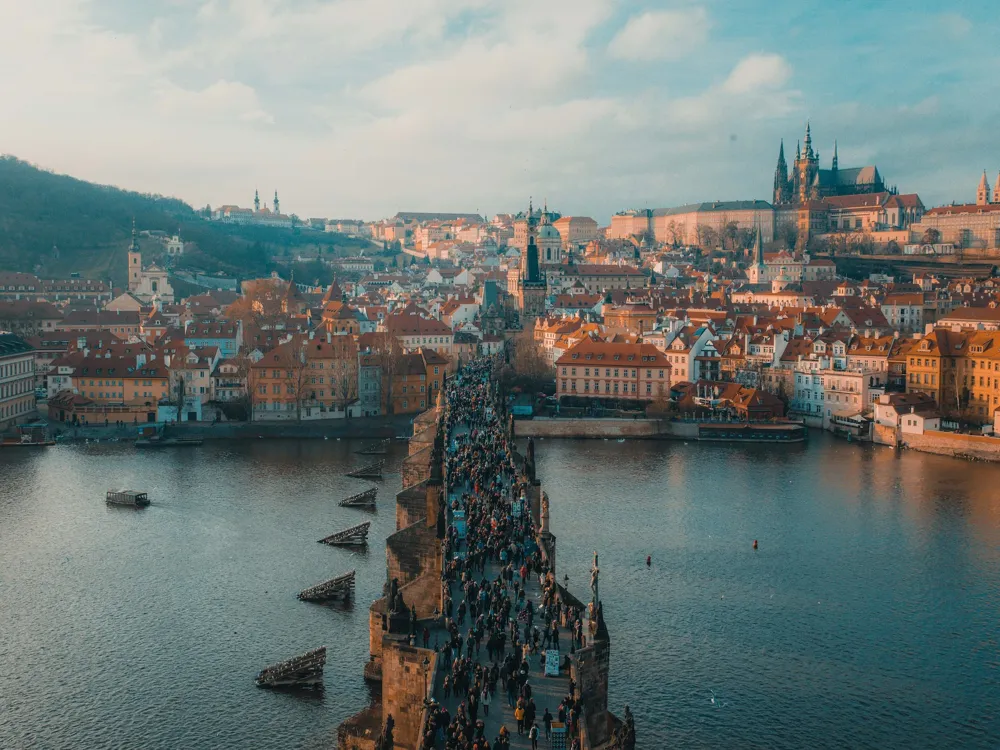The Cloth Hall, locally known as Sukiennice, stands as a centerpiece in the Main Market Square of Krakow. This iconic structure, rich in history and architectural grandeur, has been a witness to the city's evolution over centuries. Originating in the Renaissance period, the Cloth Hall was a major hub of international trade. Today, it is not only a testament to Krakow's historical significance but also a bustling tourist attraction, offering a unique blend of shopping and cultural experiences. Its location in the heart of Krakow makes it an unmissable destination for anyone visiting the city. The Cloth Hall's history dates back to the 13th century, initially serving as a center for cloth trade. Throughout the Middle Ages, it was the heart of commercial life in Krakow, attracting merchants from across Europe. The original structure underwent a significant transformation in the 16th century, adopting a Renaissance style that remains evident today. The hall has survived numerous historical events, including fires and occupations, each leaving its mark and contributing to the building's unique character. The Cloth Hall has seen various renovations, the most notable being in the 19th century under the direction of Tomasz Pryliński. This renovation not only restored the building after a fire but also added elements like the picturesque arcades, enhancing its Renaissance character. Further restorations in the 20th and 21st centuries have ensured the preservation of its architectural and historical integrity, allowing visitors to step into a space that closely resembles its historical state. Today, the Cloth Hall is not just an architectural marvel but also a cultural hub. It houses the Sukiennice Museum, a division of the National Museum of Krakow, showcasing a remarkable collection of 19th-century Polish paintings and sculptures. The ground floor, with its array of shops and stalls, continues the centuries-old tradition of commerce, offering a wide range of local crafts, souvenirs, and artworks, making it a perfect spot for both history enthusiasts and casual visitors. The Cloth Hall is a stunning example of Renaissance architecture, with its design reflecting the period's emphasis on symmetry, proportion, and attention to detail. The structure's elongated rectangular form, topped with an attic, adorned with classic Polish parapets, is a distinctive feature. Its arcades, added during the 19th-century renovation, are a highlight, offering a sheltered walkway and adding to the building's elegance. The Cloth Hall's interiors are equally impressive, with spacious halls and beautifully decorated stalls, each telling a story of Krakow's rich trading history. The Renaissance influence on the Cloth Hall's architecture is evident in its harmonious proportions and decorative elements. The use of pilasters, round arches, and a central arcade are characteristic of the period. The Sukiennice's façade is a testament to Renaissance aesthetics, with its symmetry and balance reflecting the humanist ideals of the era. The interior of the Cloth Hall is a blend of functional design and artistic embellishment. The ground floor, with its series of arches and open spaces, was designed for trade and commerce. The upper floor, housing the Sukiennice Museum, showcases an elegant arrangement of art galleries, with each room meticulously curated to enhance the visitor's experience of the 19th-century Polish art. The architectural restoration efforts at the Cloth Hall have been focused on preserving its historical authenticity while adapting to modern needs. These restorations have ensured that the building remains a true representation of Krakow's architectural heritage, allowing visitors to experience its historical ambiance fully. Early morning or late afternoon is ideal to avoid crowds. The Cloth Hall is most crowded during midday and weekends. Explore the variety of stalls on the ground floor for authentic Polish souvenirs, but remember to compare prices as they can vary. Don't hesitate to negotiate with vendors. Allocate time to visit the Sukiennice Museum on the upper floor to immerse yourself in Polish art. Audio guides are available for an enriched experience. The Cloth Hall is wheelchair accessible. Public restrooms are available nearby. There are also several cafes and restaurants in the vicinity. The Cloth Hall is easily accessible via various modes of transportation. Visitors can reach it by bus or tram, with several stops located nearby. For those preferring to walk, it's a pleasant stroll from many central locations in Krakow. Taxis and ride-sharing services are also readily available. Due to its central location, it's advisable to explore nearby attractions on foot once you reach the Cloth Hall. Buses and trams are convenient and frequent, with stops close to the Main Market Square. Visitors should check the latest schedules and routes for the most efficient journey. Walking to the Cloth Hall is a delightful experience, offering a chance to explore Krakow's charming streets and historic sites along the way. Taxis and ride-sharing services offer a direct and comfortable way to reach the Cloth Hall. This is a good option for those staying outside the city center or traveling in groups. Read More:Overview of The Cloth Hall in Krakow
History of The Cloth Hall
Significant Renovations and Restorations
Cultural Significance
Architecture of The Cloth Hall in Krakow
Renaissance Influence
Interior Design and Layout
Architectural Restoration and Preservation
Tips When Visiting The Cloth Hall in Krakow
Best Time to Visit
Shopping Tips
Cultural Experience
Accessibility and Facilities
How To Reach The Cloth Hall in Krakow
By Public Transport
By Foot
By Taxi or Ride-Sharing
The Cloth Hall Krakow
Krakow
₹ 115,593 onwards
View krakow Packages
Krakow Travel Packages
View All Packages For Krakow
Top Hotel Collections for Krakow

Private Pool

Luxury Hotels

5-Star Hotels

Pet Friendly
Top Hotels Near Krakow
Other Top Ranking Places In Krakow
View All Places To Visit In krakow
View krakow Packages
Krakow Travel Packages
View All Packages For Krakow
Top Hotel Collections for Krakow

Private Pool

Luxury Hotels

5-Star Hotels

Pet Friendly







